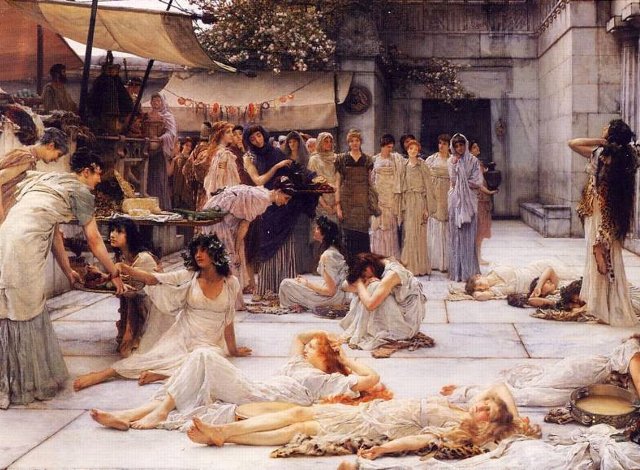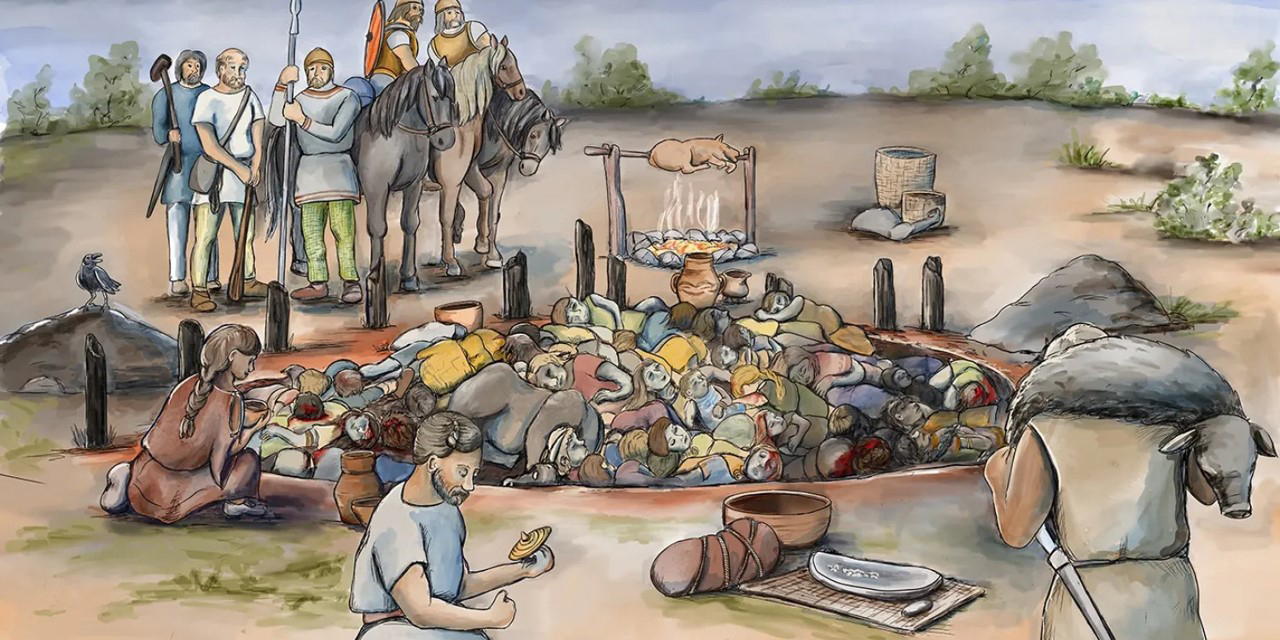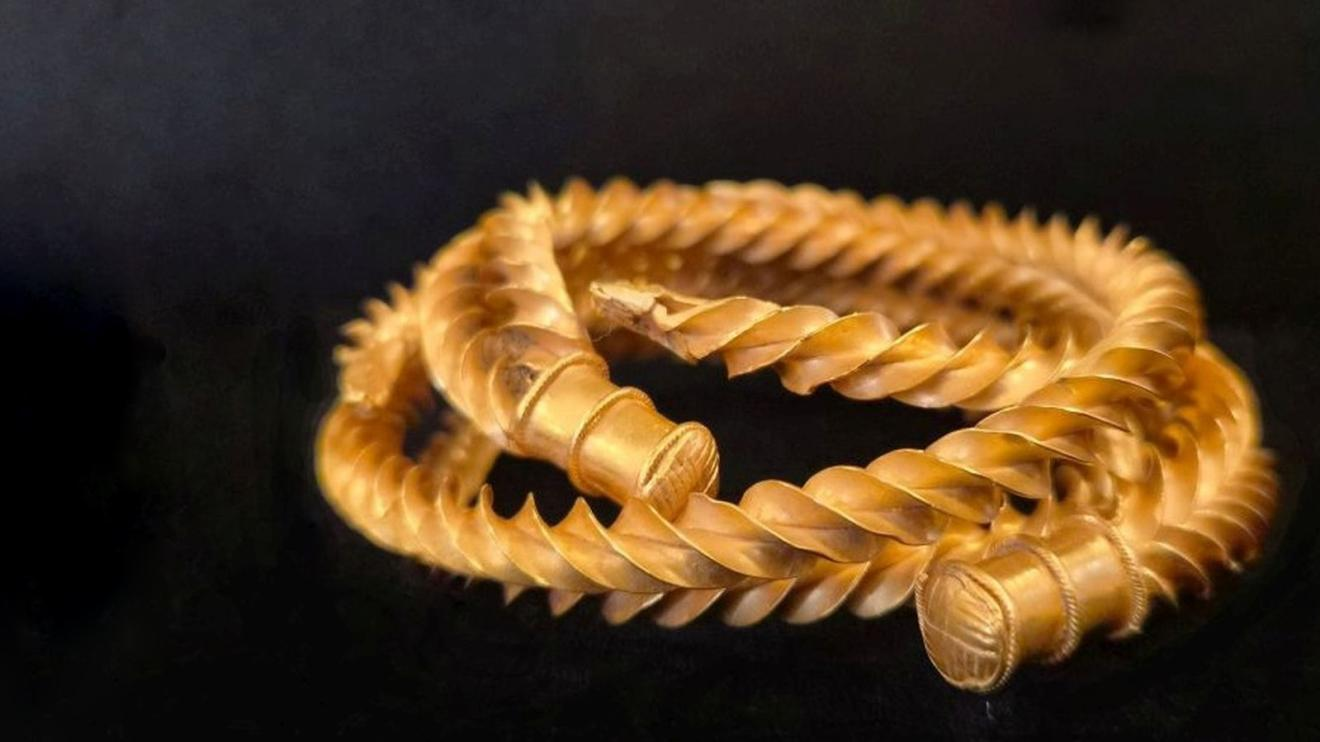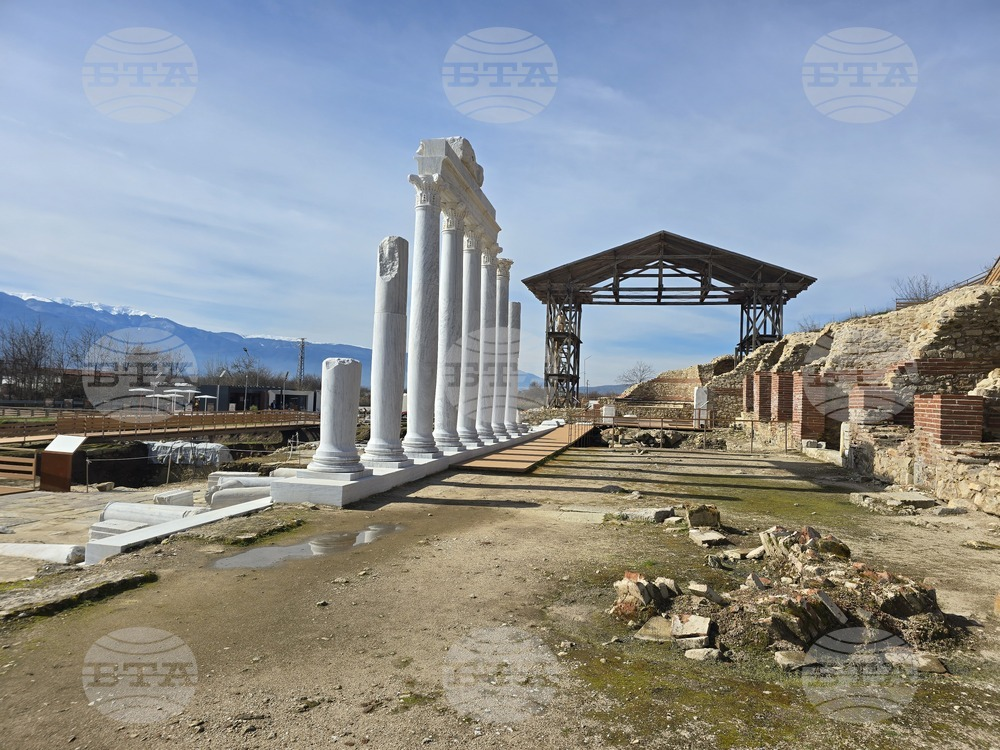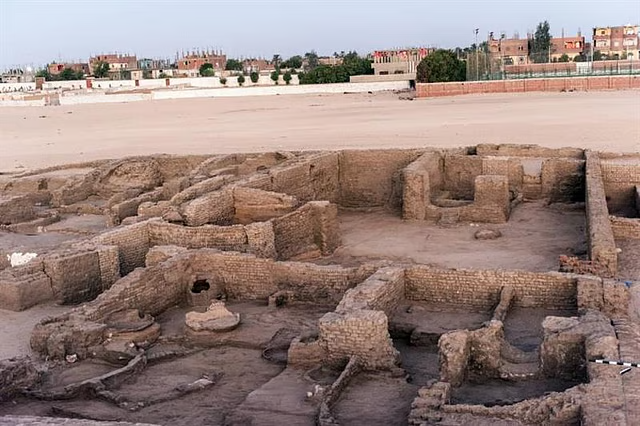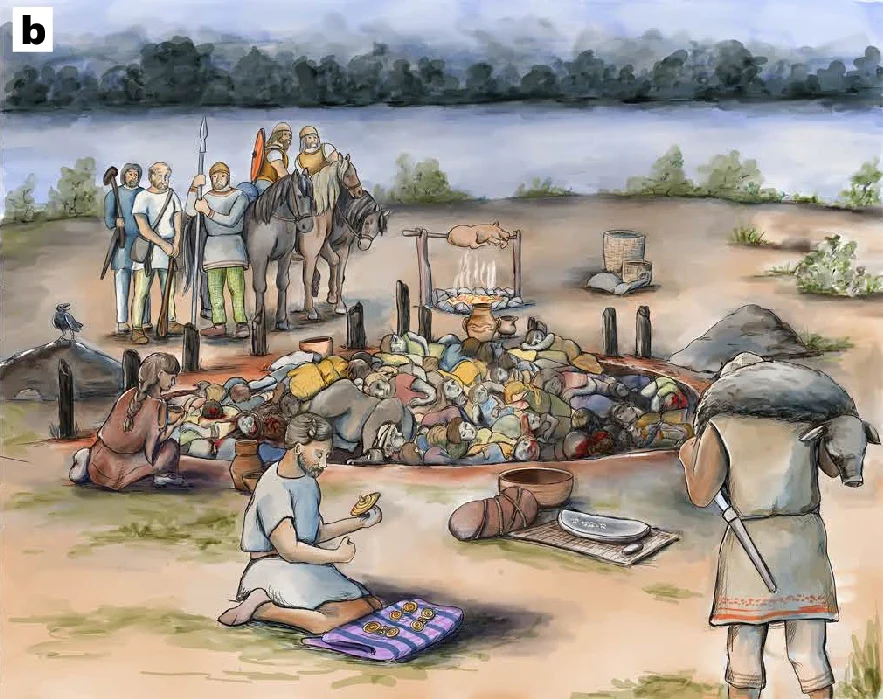Haloa was one of the festivals that the ancient Greeks systematically celebrated every year in honor of the goddess Demeter, known as Haloea (goddess of the fruits of the earth), Dionysus (god of the vine and wine) and Poseidon Fytalmios (god of coastal vegetation).
Haloa was a three-shaped peasant feast of antiquity, and the customs of worshiping the gods in this context cause us to call this celebration "obscene". A second opinion is that they were also celebrated in honor of Persephone, the daughter of Demeter.
The Haloa were held around Attica and extended to Eleusis, where they ended, then followed the Poseidonian procession and finally the initiation into the mysteries of Demeter and Persephone.
There are two versions about the period of this celebration: the first one says that Haloa was celebrated in the month of June (Ekatombeonas) with the harvest of the Spartans and the second one in the month of December (Poseidon) with the harvest and the opening of the new wine. In Haloa, no hierophant participated, but a priestess who initiated the women, and all exchanged free speeches and conversations, and at the end there was a common dinner. The dinner included all foods except those forbidden in the ceremonies (eggs, pomegranates, etc.). But why was it called "obscene"?
In this celebration, the women had with them figurines in the shape of sexual organs and food in the corresponding shapes of phallus and vulva. At the end of the meal, they buried the phalluses in the ground, believing that in this way vegetation and fertility would be strengthened.
In Haloa, among other things, obscenities were exchanged between all the women, even the priestess urged the married women to commit adultery and they danced orgiastically with each other. From the 4th century BC, hetairas participated and women flocked to the streets and danced to provocative songs.
Hetairai at Haloa festival dancing around a giant phallus (Oedipus Painter, 480 BC) By Wikipedia
In general, Haloa was a festival of women in ancient times and was celebrated at night, although the preserved information is insufficient compared to other customs of the ancient Greeks. Moreover, there are two versions of the conceptual origin: the first states that Haloa means the threshing floor according to Philochorus, the second that it means the vines according to the commentator Lucian.
The Haloa festival lasted several days, at the end of which athletic competitions like the Olympics took place, in which not all citizens of ancient Athens were allowed to participate, as was customary in other celebrations. However, in this celebration the young people had the right to speak publicly.
From the above it is clear why Haloa is characterized as an obscene celebration of antiquity, because in modern times the use of strange effigies and provocative dances with obscene vocabulary is not common, although in antiquity it was a habit and considered normal.


